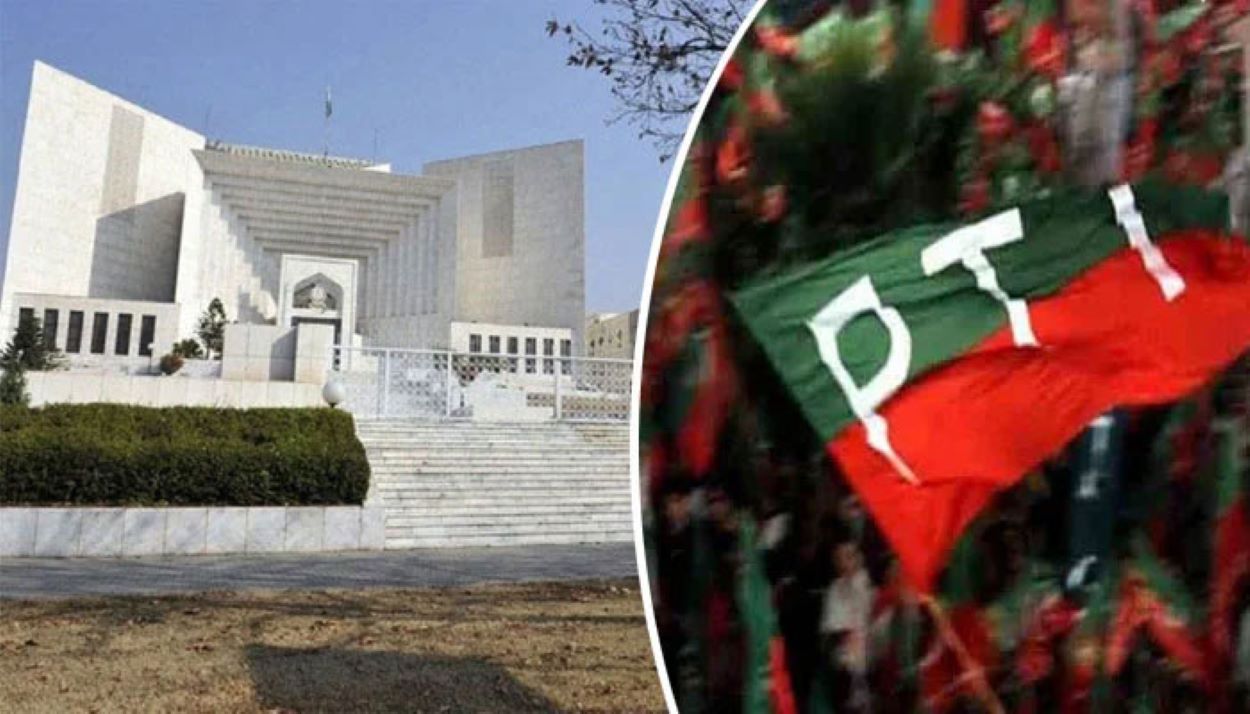Pakistan Tehreek-e-Insaf (PTI) has filed a petition in the Supreme Court challenging the constitutionality of the 26th Constitutional Amendment.
Samir Khosa from PTI asserts that the amendment is unconstitutional and illegal, and he urges the court to declare it null and void. The party has requested that the court halt the Judicial Commission of Pakistan from making any judicial appointments until the petition is resolved.
PTI argues that the amendment breaches the Constitution’s basic structure, which it claims Parliament should not alter alone. It also maintains that the amendment threatens the independence of the judiciary, a fundamental principle of the Constitution.
The Supreme Court will hold the hearing for the 26th Constitutional Amendment case on January 27 in Court Room No. 2. It will implement enhanced security measures to ensure the safety of all attendees. Due to the limited capacity of the courtroom, the court will issue special passes to authorized individuals, including lawyers and journalists, and only those with valid passes will gain entry.
For those unable to secure passes, the Supreme Court has provided audio facilities in Court Rooms 6 and 7. It will also strictly prohibit the use of mobile phones in the courtroom.
Details of the 26th Constitutional Amendment
Passed on the stroke of midnight between the 20th and 21st, the 26th Amendment establishes a fixed three-year term for the Chief Justice of Pakistan. A 12-member parliamentary committee will select the new Chief Justice from the three most senior judges. This committee, comprising eight members from the National Assembly and four from the Senate, will propose the candidate to the Prime Minister, who will forward it to the President for final approval.
Read: Justice Shah Requests Full Court for 26th Constitutional Amendment Case
Additionally, a judicial commission headed by the Chief Justice will consist of three senior judges, two representatives each from the National Assembly and Senate, the Federal Minister for Law and Justice, the Attorney General, and a nominee from the Pakistan Bar Council who has at least fifteen years of practice in the Supreme Court. This commission will be responsible for overseeing the appointment of Supreme Court judges.
The Supreme Court’s Constitutional Bench, led by Justice Aminud din Khan and comprising Justices Ayesha A. Malik, Jamal Khan Mandokhail, Naeem Akhtar Afghan, Muhammad Ali Mazhar, Hassan Azhar Rizvi, and Musarrat Hilali, will hear the challenges to the 26th Constitutional Amendment.






